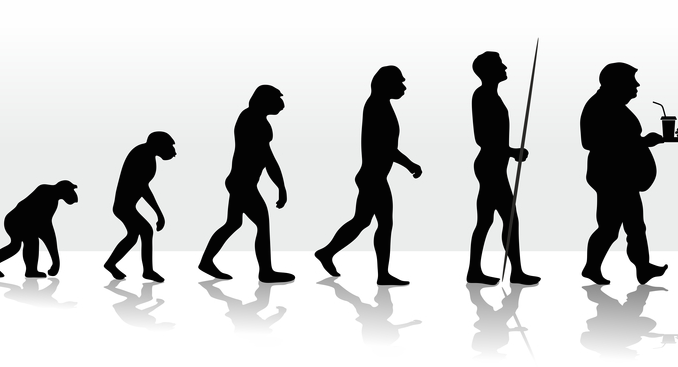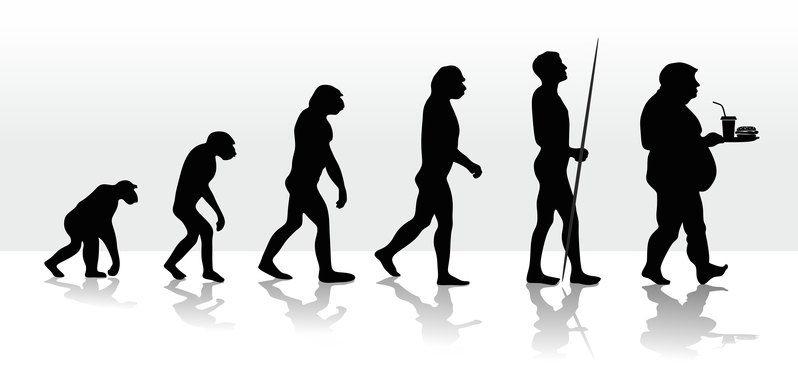
We have heard and learned from the beginning that evolution is nothing but the survival of the fittest. But it seems that it is other way around. Today, the real meaning of evolution has changed to survival of the friendliest. How? Let’s find out.

Games of life are not all violent fights. And you do not need brain to understand that survival is not a fight. Fighting may not be the best way. Even a single-celled bacterium has the ability to understand this.
- Kelly Clancy speaks about the “Survival of the Friendliest”. She explains the logic behind the evolution and its relationships past rivalry
- For instance, approximately 98% of species belonging in the bacteria category do not flourish outside colonies with mixed species.
- “Bacteria are not self-adequate: They’ve evolved in the presence of each other to be dependent on each other.” They have found specialization, division of labor, and cooperation.
- That specialization is a game-changer. You now need colleagues. If they do not flourish now, you will not thrive ever.
- In a type biochemical where the brains are not needed, also known as “social contract,” colonies of bacteria, like communities of human, have to control the “common good”
- For instance, “helper” species that “offer an ordinary good… may come to be protected from rivalry by the species that depend on them, as occurs with corals”
- Such mutually dependent logic of survival permeates biology (e.g., all trees, all “selfish genes,” all animals).
- Mankind is also deeply underprovided by itself (likely the most ordinary-goods-requirement and various-dependent classes ever). We control because we’re the most excellent cooperators
- Daniel Dennett refers this case as “free-floating rationales”: logic outlines that are natural in various cases but are not restricted in (or “aware” to) the players or elements occupied (they are distributed, free-floating, systemic, relational).
Well, these points surely state that evolution is not survival of the fittest but it means survival of the friendliest. Even in our everyday life we can feel this. We guess it is time to change the course of history. Do you agree?
